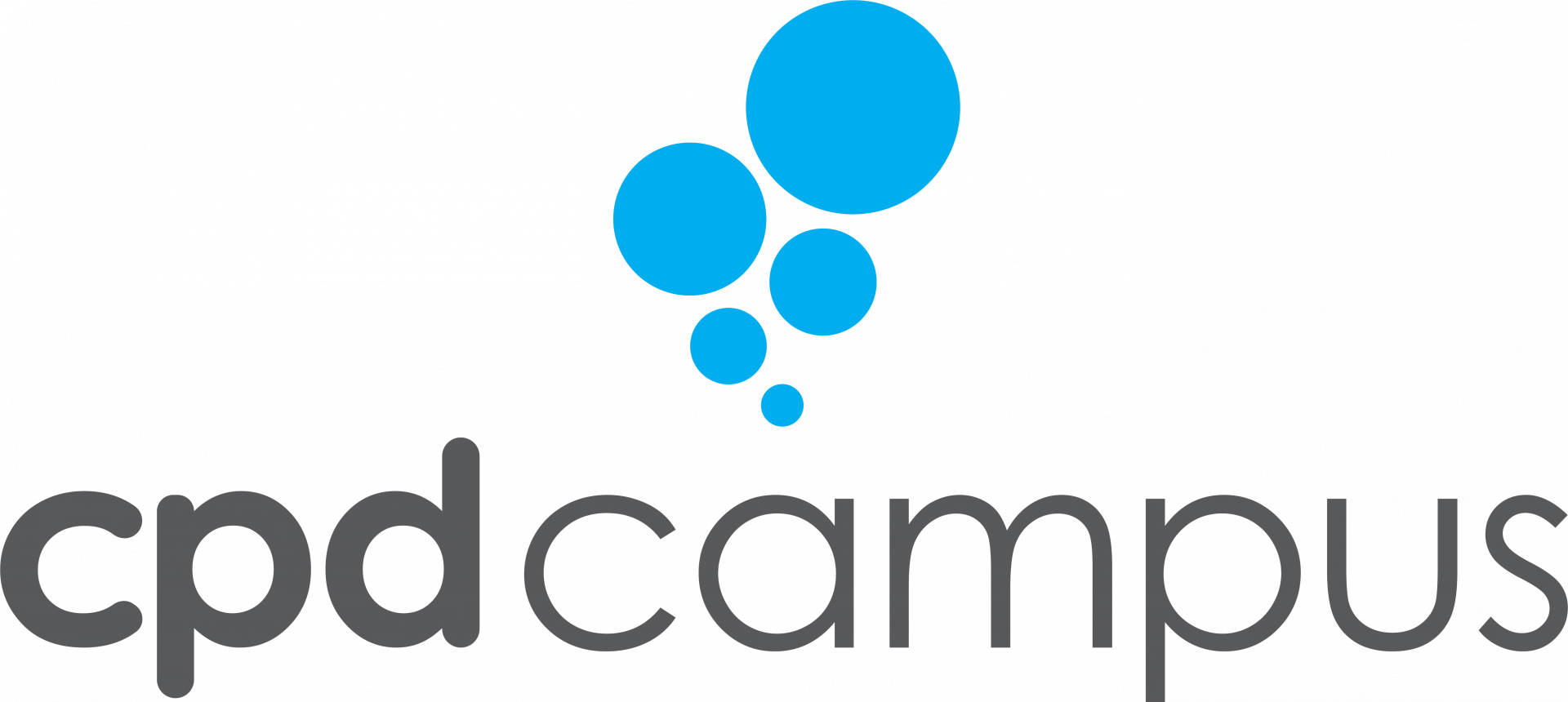An in-depth discussion of the important principles of recognition and measurement underlying IFRS 9 Financial Instruments
-
Presenter: Anton van Wyk CA(SA)
-
Level: Advanced
-
Study time: 3.25 hours
In this course, join Anton van Wyk CA(SA) as he investigates the most important underlying principles dealing with the recognition and measurement of financial instruments in terms of International Financial Reporting Standards (or “full IFRS”). IFRS 9 has been a long time in the making and the last section of the standard to be rewritten, being impairment testing of financial assets, where the impairment model has been amended from an incurred loss to an expected loss model, has also been completed. Completion of this short course will see you having a solid understanding of all the principles at play when considering how to correctly identify, recognise (including classify), and measure (i.e., initially, and subsequently) financial instruments in the financial statements of entities applying full IFRS as their financial reporting framework. You will be able to authoritatively speak about the topic and be fully informed about the issues to be on the lookout for when applying IFRS 9.
You will also be developing the
following professional competencies/skills by completing this course
successfully:
Main competency grouping: Professional values and
attitudes
Sub-competency grouping: Lifelong learning
Specific competency: Inquisitiveness
Main competency grouping: Enabling and future competencies
Sub-competency grouping: Business acumen
Specific competency: Business internal environment
Sub-competency grouping: Decision-making acumen
Specific competency: Critical thinking
Specific competency: Judgement
Specific competency: Problem-solving
Main competency grouping: Technical competencies
Sub-competency grouping: Stewardship of capitals: Business process and risk management
Specific competency: New developments and protocols knowledge
Specific competency: Reporting fundamentals
Sub-competency grouping: Decision-making to increase, decrease or transform capitals
Specific competency: Drawing conclusions
Sub-competency grouping: Reporting on value creation
Specific competency: Providing advice
What's included?
-
1 On-demand short course
-
Slides
-
1 Certificate

